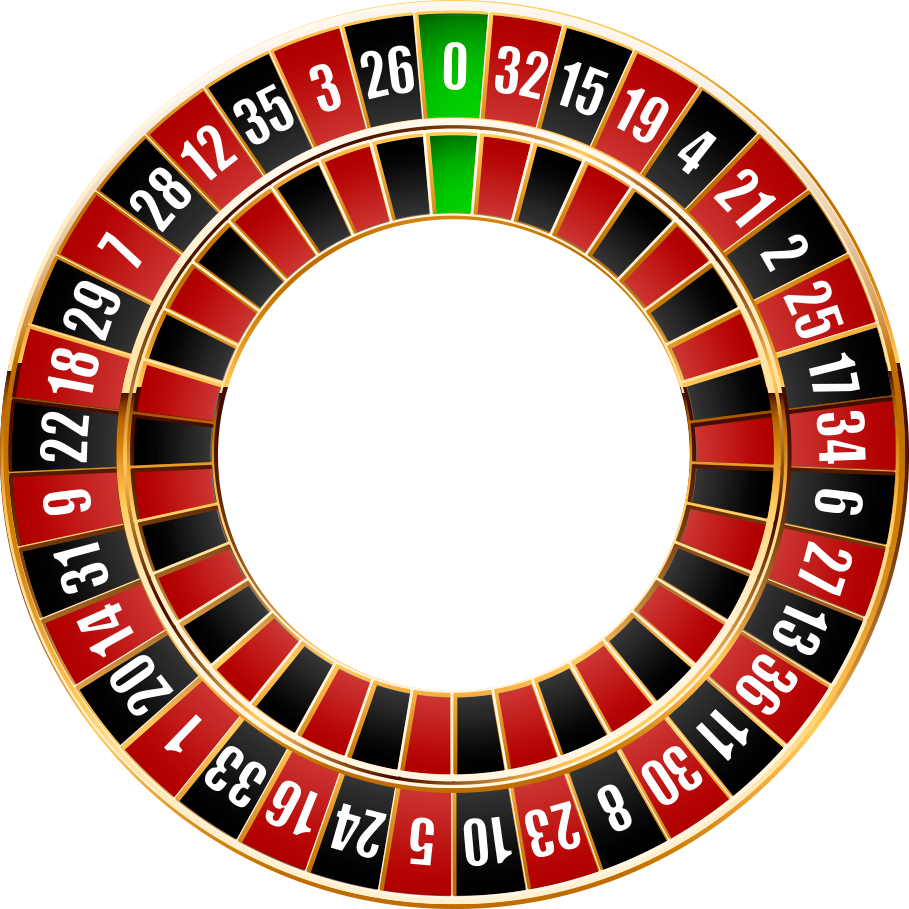saque pix novibet
mitzvahceremonies.com:2024/11/8 5:27:03

saque pix novibet

Tito Jackson: Ícone da música pop morre aos 70 anos
Tito Jackson, um dos irmãos que faziam parte do grupo de 🌛 pop Jackson 5, morreu aos 70 anos.
Tito era o terceiro de nove filhos Jackson, incluindo superastros globais Michael e Janet.
"Com 🌛 corações pesados, anunciamos que nosso amado pai, membro do Hall da Fama do Rock & Roll Tito Jackson não está 🌛 mais conosco. Estamos chocados, tristes e com o coração partido. Nosso pai era um homem incrível que se importava com 🌛 todos e com o seu bem-estar", disseram seus filhos TJ, Taj e Taryll saque pix novibet um comunicado postado no Instagram no 🌛 final de domingo.
O Jackson 5 incluía os irmãos Jackie, Tito, Jermaine, Marlon e Michael. A família do grupo, que foi 🌛 introduzida no Hall da Fama do Rock & Roll saque pix novibet 1997, produziu vários hits número 1 na década de 1970, 🌛 incluindo ABC, I Want You Back e I'll Be There.
Carreira da família Jackson 5
O Jackson 5 se tornou um dos 🌛 maiores nomes da música sob a orientação de seu pai, Joe Jackson, um trabalhador de aço e guitarrista que apoiava 🌛 saque pix novibetesposa e nove filhos saque pix novibet Gary, Indiana. À medida que as carreiras musicais da família decolavam, eles se mudaram 🌛 para a Califórnia.
Nascido saque pix novibet 15 de outubro de 1953, Toriano Adaryll "Tito" Jackson foi o membro menos ouvido do grupo, 🌛 como um cantor de fundo que tocava guitarra. Seus irmãos lançaram carreiras solo, incluindo Michael, que se tornou um dos 🌛 maiores artistas performáticos do mundo. Michael Jackson morreu aos 50 anos saque pix novibet 25 de junho de 2009.
Carreira solo de Tito 🌛 Jackson
Tito Jackson foi o último dos nove irmãos Jackson a lançar um projeto solo com seu álbum de estréia saque pix novibet 🌛 2024, Tito Time. Ele lançou uma música saque pix novibet 2024, One Way Street, e disse à AP saque pix novibet 2024 que estava 🌛 trabalhando saque pix novibet um álbum solo.
Tito Jackson disse que deliberadamente atrasou a perseguição de uma carreira solo porque queria se concentrar 🌛 saque pix novibet criar seus três filhos: TJ, Taj e Taryll, que formaram seu próprio grupo de música, 3T. O site de 🌛 Jackson oferece um link para um single com 3T e Stevie Wonder, intitulado Love One Another.
Tito Jackson também é sobrevivido 🌛 por seus irmãos Jermaine, Randy, Marlon e Jackie, suas irmãs Janet, Rebbie e Latoya esaque pix novibetmãe, Katherine. Seu pai 🌛 morreu saque pix novibet 2024.
joga é para manter a privacidade do cassino e como os jogos são jogados lá. Outra
pode ser a 🍊 segurança. Por que os clientes não podem tirar fotos na área de jogos em
} um cassino? quora : Por-cant-clientes-take-photographs-at-the-gaming-a... Os 🍊 hóspedes
que jogam uma máquina caça-níqueis
deve ser apenas para uso pessoal do hóspede.
casa de aposta embaixador

Poker term describing frustration leading to worse plays
Tilt is a poker term for a state of mental or emotional confusion ⭕️ or frustration in which a player adopts a suboptimal strategy, usually resulting in the player becoming overly aggressive. Tilting is ⭕️ closely associated with another poker term, "steam".
Placing an opponent on tilt or dealing with being on tilt oneself is an ⭕️ important aspect of poker. It is a relatively frequent occurrence due to frustration, animosity against other players, or simply bad ⭕️ luck.
The term originated from pinball where physically tilting the machine causes some games to flash the word "TILT" and freeze ⭕️ the flippers.[1]
Tilt is also common in other games, especially chess and esports. Tilting in esports causes players to "lose control ⭕️ due to anger". The most extreme reaction is termed a "ragequit", angrily leaving the match or quitting the game, physically ⭕️ turning off the device or breaking a part like a monitor or control device by smashing it.[2]
Common causes of tilt ⭕️ [ edit ]
The most common cause of tilt is losing, especially being defeated in a particularly public and humiliating fashion. ⭕️ In poker, a bad beat can upset the mental equilibrium essential for optimal poker judgment, causing frustration. Another common cause ⭕️ of tilt is bad manners from other players causing frustration which eventually leads to tilting.
Though not as commonly acknowledged or ⭕️ discussed, it is also quite possible to go on "winner's tilt" as a result of a positive trigger: such as ⭕️ winning unexpectedly, or going on a string of good luck. Strong positive emotions can be just as dizzying and detrimental ⭕️ to one's play as negative ones. Tilting and winner's tilt can both lead to the same habits.
Advice when tilted [ ⭕️ edit ]
For the beginning player, the elimination or minimization of tilt is considered an essential improvement that can be made ⭕️ in play (for instance in the strategic advice of Mike Caro). Many advanced players (after logging thousands of table-hours) claim ⭕️ to have outgrown "tilt" and frustration, although other poker professionals admit it is still a "leak" in their game.
One commonly ⭕️ suggested way to fight tilt is to disregard the outcomes of pots, particularly those that are statistically uncommon. So-called "bad ⭕️ beats," when one puts a lot of chips in the pot with the best hand and still loses, deserve little ⭕️ thought; they are the product of variance, not bad strategy. This mindset calls for the player to understand poker is ⭕️ a game of decisions and correct play in making the right bets over a long period of time.
Another method for ⭕️ avoiding tilt is to try lowering one's variance, even if that means winning fewer chips overall. Therefore, one may play ⭕️ passively and fold marginal hands, even though that may mean folding the winning hand. This may also imply that one ⭕️ plays tightly— and looks for advantageous situations.
Once tilt begins, players are well-advised to leave the table and return when emotions ⭕️ have subsided. When away from the table, players are advised to take time to refresh themselves, eat and drink (non-alcoholic) ⭕️ if necessary, and take a break outside in the fresh air.
If none of these work in lessening tilt, players are ⭕️ advised to leave the game and not return to playing until they have shaken off the results that led to ⭕️ the tilt.
The intent of the advice is to prevent the upset person from letting negative emotions lead to bigger losses ⭕️ that can seriously hurt one's bankroll.
Tilt must be taken seriously, requiring immediate attention following its presence. The progression in poker ⭕️ for chronically tilted players may be significantly hindered as their judgement becomes progressively impaired as agitation becomes more prominent. Paying ⭕️ close attention to playing statistics can assist in preventing this, as a statistical overview of recent hands can reduce the ⭕️ player's likelihood to play impulsive hands habitually.[3]
Tilting others [ edit ]
The act of putting an opponent on tilt may not ⭕️ pay off in the short run, but if some time is put into practicing it, a player can quickly become ⭕️ an expert at "tilting" other players (with or without using bad manners). In theory, the long-run payoff of this tactic ⭕️ is a monetarily positive expectation.
Common methods of putting a table on tilt include:
Playing junk hands that have a lower chance ⭕️ of winning in the hope of either sucking out and delivering a bad beat (which can be an enjoyable occasional ⭕️ style which will make the table's play "looser") or bluffing the opponent off a better hand (with the option of ⭕️ showing the bluff for maximum tilting effect). Victimising individuals at the table, (which is often considered a more old-fashioned tactic, ⭕️ identified with 1970s "verbal" experts such as Amarillo Slim.) Pretending intoxication, i.e. hustling, excellently demonstrated by Paul Newman against Robert ⭕️ Shaw in The Sting (although his technique included cheating). Constant chattering, making weird noises and motions whenever you win a ⭕️ hand, or other erratic behavior is a "tilting" or "loosening" approach first discussed by Mike Caro. Taking an inordinate or ⭕️ otherwise inappropriate amount of time to announce and show your hand (also called "slow-rolling") at the showdown. (Such deliberate breaches ⭕️ of etiquette have the side effect of slowing play and risking barring, thereby limiting the earnings of the expert player. ⭕️ For this, and other social reasons, such tactics are mostly associated with novices.)
These antics can upset the other players at ⭕️ the table with the intention of getting them to play poorly.
See also [ edit ]
artigos relacionados
2024/11/8 5:27:03